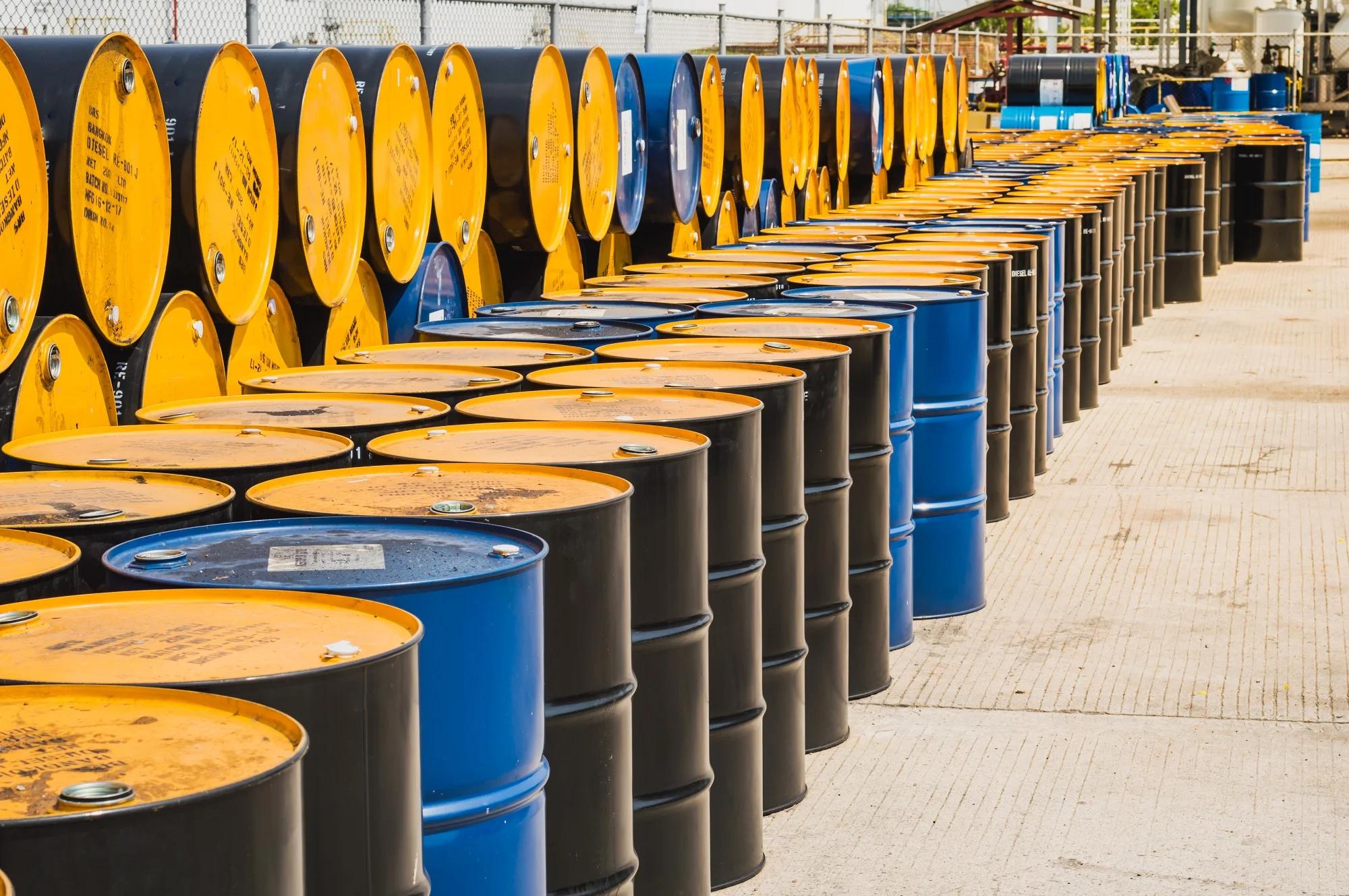Oil prices rise as geopolitical situation heats up ahead of OPEC + meeting
Despite multiple positives, ING still says it expects oil price upside to remain limited until it sees a reduction in supply.
On May 29, ahead of the OPEC+ meeting, the situation in the Middle East further escalated, coupled with another ship attack in the Red Sea, leading to a larger increase in international oil prices. Data shows that on Tuesday, Brent crude oil closed up 1.4%, rising above $84; WTI crude oil traded near $80, both rising.
In terms of news, following the May 24 attacks on three ships in the Red Sea, Arabian Sea, and Mediterranean Sea by Houthi forces, on May 27 local time, Houthi spokesman Yahya Saree announced that they attacked three ships and two U.S. destroyers on that day.
In the statement, the Houthis claimed that the first ship, "LAREGO DESERT," was sailing in the Indian Ocean and was associated with the United States; the second ship, "MSC MECHELA," was also sailing in the Indian Ocean and was associated with Israel; the third ship, "MINERVA LISA," was sailing in the Red Sea and allegedly violated the Houthis' ban by heading to an Israeli port.
Given the escalating situation in the Red Sea region, several shipping giants have decided to suspend the Suez-Red Sea route. This decision has led nearly 3,400 ships to choose to bypass the Cape of Good Hope in South Africa instead of passing through the Suez Canal, boosting oil prices.
On the other hand, the situation in the Middle East has further intensified. Israeli and Egyptian soldiers exchanged fire at the Rafah crossing in Gaza on Monday, resulting in the death of an Egyptian soldier, dragging Egypt into the Israel-Palestine conflict and escalating international tensions.
The Egyptian military stated on Monday that an Egyptian border guard was killed in a shooting incident at the Rafah crossing, and an investigation has been launched. The Israeli military also reported that a shooting incident occurred at the Egyptian border, and the Israeli military is investigating and communicating with Egypt. It is noteworthy that Egypt's statement did not mention Israel, but according to Israeli media citing anonymous military sources, Egyptian forces opened fire on Israeli forces at the Rafah crossing, and Israeli forces returned fire.
Ahead of the OPEC+ meeting, international instability has led to a continuous rise in oil prices. Originally, OPEC+ planned to hold a meeting on June 2, one day later than initially scheduled. Analysts pointed out that the decision to hold the meeting online supports the expectation that oil production cuts will continue.
Analysts also mentioned that with the upcoming Memorial Day weekend in the United States, the market might shift its focus back to demand. The peak driving season in the U.S. is about to begin, which will help traders observe more information about fuel demand. Last Wednesday, the U.S. Department of Energy announced that gasoline demand reached its highest level since November, providing some support for oil prices. Additionally, according to the American Automobile Association, preliminary signs indicate that the number of air travelers during this year's Memorial Day weekend is expected to reach the highest level in nearly 20 years, showing strong signs of a rebound in crude oil demand.
Despite multiple favorable factors, ING still stated that the upward space for oil prices remains limited until a reduction in supply is observed. A full extension of production cuts must be confirmed to see a significant rise in oil prices.

·Original
Disclaimer: The views in this article are from the original Creator and do not represent the views or position of Hawk Insight. The content of the article is for reference, communication and learning only, and does not constitute investment advice. If it involves copyright issues, please contact us for deletion.